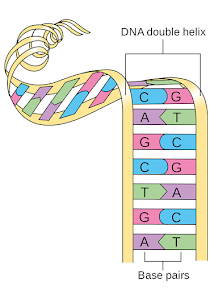A dog study could help Researchers better understand how gliomas affect the Immune system.
High-grade gliomas, or brain tumors, in dogs have more immune cells involved with suppressing immune response than low-grade gliomas, according to a new study. The study adds to the growing body of evidence that these brain tumors may recruit cells that aid in immunosuppression. The findings could impact future immunotherapy-based glioma treatments in people and dogs. Glial cells are little support cells that can be found all across the brain and spinal cord. The tumor that results when those cells become malignant is known as glioma. Gliomas are the second most prevalent kind of central nervous system tumour in dogs, accounting for around 35% of all intracranial cancers. The typical survival period for dogs with glioma treated with radiation therapy is nine to fourteen months, which is comparable to the 14-month median survival time for humans treated with surgery, radiation, and chemotherapy. Gliomas in dogs are classified as an oligodendroglioma, astrocytoma, or undefined glioma.
Based on microscopic traits, each of these subtypes can be further classed as low or high-grade. Although survival and treatment options for people are affected by glioma subtype and grade, it is still unknown whether the same is true for dogs. Immunotherapy is a cancer treatment that uses the body's immune system to fight cancer. In order to improve therapy outcomes, researchers are striving to better understand the relationship between glioma and the immune system.




Comments
Post a Comment